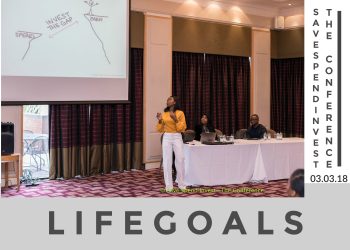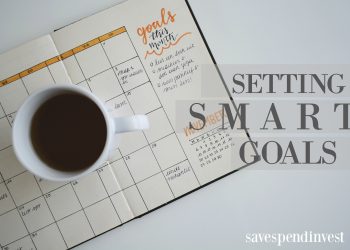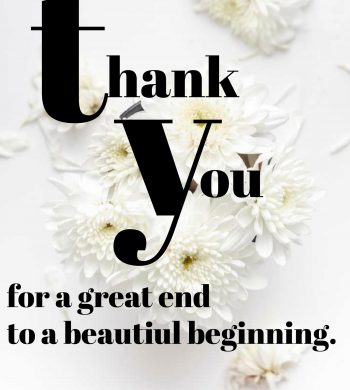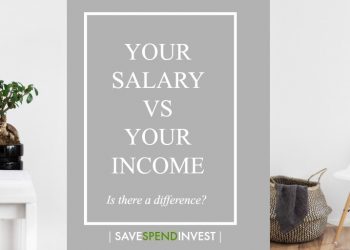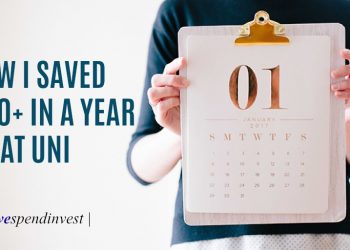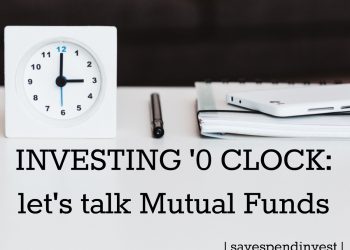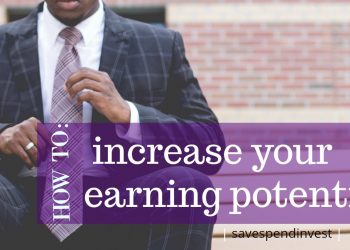Staying put is easy and safe, going into uncharted territory is risky.
At some point or the other, either we were told to, or we sort of figured it out on our own, or maybe even your friends told you – someway, somehow, you started saving.
It wasn’t too hard – you just take some money and put it somewhere that your everyday cash is not. It was really that simple.
Do this for a few weeks, months and years and you may think that’s all there is to succeed in your financial life. What you would soon come to know, is that, on it’s own saving is never enough.
Or as I say, you cannot save your way to financial freedom.

